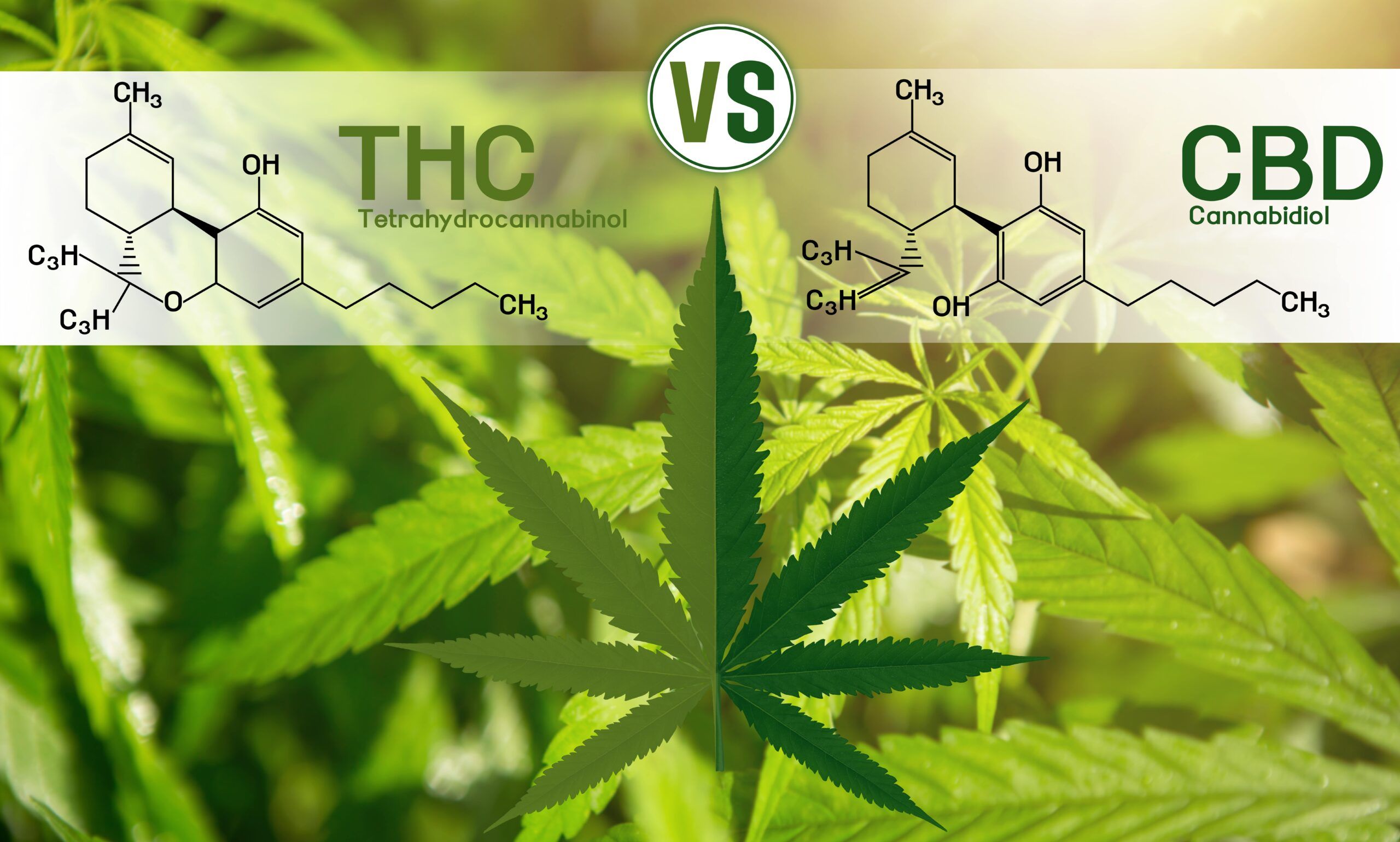
Cannabis has been widely recognized for its medicinal benefits, with two of its primary compounds—CBD (cannabidiol) and THC (tetrahydrocannabinol)—playing significant roles in medical treatments. While both compounds come from the cannabis plant, they have distinct effects on the body and are used to treat different conditions. Understanding the differences between CBD and THC can help patients make informed decisions when considering medical marijuana for their health needs.
What is CBD?
CBD is a non-psychoactive compound found in cannabis and hemp plants. Unlike THC, it does not produce a “high,” making it an attractive option for individuals who seek relief from medical conditions without mind-altering effects. CBD is often derived from hemp due to its naturally low THC content and is widely available in oils, tinctures, capsules, and topical creams.
Medical Benefits of CBD
CBD has gained popularity due to its potential therapeutic benefits, including:
- Pain and Inflammation Relief – CBD has anti-inflammatory properties that may help alleviate chronic pain caused by arthritis, fibromyalgia, and migraines.
- Anxiety and Depression Management – Many studies suggest that CBD interacts with serotonin receptors in the brain, potentially reducing symptoms of anxiety and depression.
- Seizure Disorders – The FDA-approved medication Epidiolex, which contains CBD, is used to treat epilepsy and seizure disorders such as Dravet syndrome and Lennox-Gastaut syndrome.
- Neuroprotective Properties – CBD is being researched for its potential in treating neurodegenerative diseases such as Parkinson’s and Alzheimer’s.
Since CBD does not have intoxicating effects, it is often used throughout the day for symptom management without impairing cognitive function or motor skills.
What is THC?
THC is the psychoactive component of cannabis, responsible for the euphoria or “high” that people experience when consuming marijuana. It interacts with the body’s endocannabinoid system (ECS) by binding to cannabinoid receptors in the brain, which affects mood, perception, and pain levels.
Medical Benefits of THC
Despite its psychoactive effects, THC has several medical benefits, including:
- Pain Relief – THC is highly effective in treating chronic pain, especially for conditions such as multiple sclerosis, nerve damage, and cancer-related pain.
- Nausea and Appetite Stimulation – Often prescribed to chemotherapy patients, THC helps reduce nausea and increase appetite.
- Muscle Spasms and Tremors – THC can ease muscle spasms caused by conditions like multiple sclerosis and spinal cord injuries.
- Sleep Aid – Due to its sedative effects, THC is beneficial for individuals struggling with insomnia.
While THC is effective for many conditions, it may cause side effects such as dizziness, dry mouth, paranoia, and increased heart rate, especially in higher doses.
Choosing the Right Option for Medical Use
The choice between CBD and THC depends on the patient’s medical needs and tolerance for psychoactive effects. Some patients prefer CBD for daily symptom management, while others require THC for stronger pain relief or appetite stimulation. In many cases, a combination of both cannabinoids provides the most effective treatment—this is known as the entourage effect, where the compounds work together for enhanced therapeutic benefits.
How to Obtain Medical Marijuana
In states where medical marijuana is legal, patients must meet certain qualifying conditions to access cannabis-based treatments. For example, in Florida, obtaining a Florida medical marijuana card allows patients to legally purchase THC-based products from licensed dispensaries. The process typically involves a consultation with a certified physician who determines eligibility based on medical history. Once approved, patients receive a medical marijuana card, granting them access to a variety of products, including CBD and THC formulations tailored to their needs.
Final Thoughts
CBD and THC both offer unique medical benefits, and understanding their differences is key to making the right choice for symptom management. While CBD is ideal for those seeking relief without psychoactive effects, THC provides stronger symptom relief for conditions involving severe pain, nausea, or muscle spasms. Patients interested in using medical marijuana should consult with a healthcare provider to determine the best option and ensure they comply with state laws for legal access to cannabis products.
